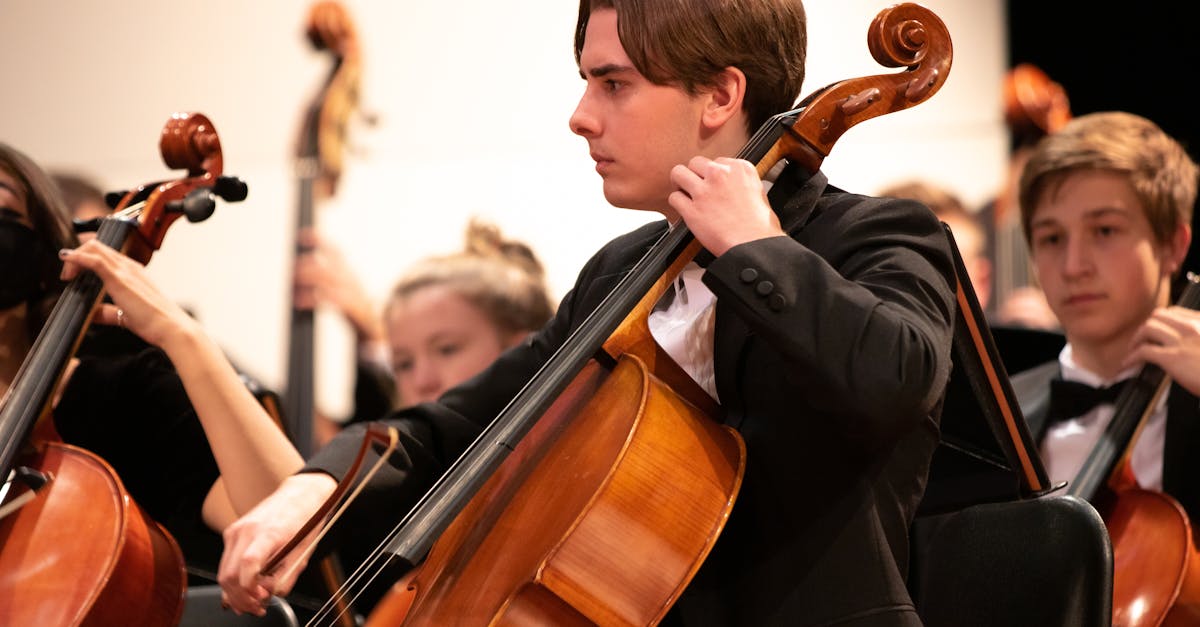The Rise of Ai in Music
Introduction
The music industry is witnessing a remarkable transformation with the advent of artificial intelligence (AI). From generating compositions to managing distribution, AI is reshaping how music is created and consumed. This evolution holds the promise of enhancing creativity while introducing new challenges and opportunities.
Advertisement
AI in Music Composition
AI has become a powerful tool in music composition, aiding artists in the creative process. Algorithms can analyze vast data on genres, harmonies, and rhythms to create original compositions. Notably, platforms like Amper Music allow musicians to co-create and generate adaptive music tailored to specific needs, thus expanding artistic possibilities.
Advertisement
Enhancing Production with AI
AI is refining music production by automating intricate processes such as mixing and mastering. Machine learning algorithms analyze audio tracks to optimize sound quality and balance elements like vocals and instruments. This technology ensures professional sound standards while reducing production time and costs.
Advertisement
AI and Personalization in Streaming
Streaming platforms use AI to customize listener experiences through recommendation algorithms. By analyzing user preferences and behavior, these systems suggest curated playlists and new music releases. This not only enriches the listening experience but also helps artists reach their target audience more effectively.
Advertisement
The Role of AI in Music Distribution
AI aids in optimizing music distribution by analyzing market trends and audience demographics. Predictive analytics forecast potential hits, guiding record labels in strategic marketing and distribution decisions. This ensures that music reaches the right listeners, enhancing an artist's visibility and success.
Advertisement
Challenges and Ethical Considerations
Despite its benefits, AI in music faces challenges, including questions about creativity and authorship. The use of AI-generated content raises concerns about intellectual property rights and originality. Balancing human creativity with AI efficiency remains a critical discourse in the industry.
Advertisement
AI's Impact on Artist Collaborations
AI facilitates unique collaborations by enabling artists worldwide to collaborate remotely. With tools that share musical ideas and tracks seamlessly, artists can work across borders without physical constraints. This fosters diverse creative expressions and cross-cultural influences in music.
Advertisement
AI-Powered Live Music Experience
AI is revolutionizing live music through interactive performances and virtual concerts. AI-driven light shows, multimedia displays, and real-time sound adjustments enhance the audience experience. Algorithmic creativity in these settings introduces novel interactions between artists and fans.
Advertisement
Future Prospects of AI in Music
The future of AI in music promises even greater innovation and integration. As technology advances, we can expect AI to further personalize music experiences, automate administrative tasks, and democratize access to professional music resources. The potential for AI-driven creativity is still unfolding.
Advertisement
Conclusion
In conclusion, AI is transforming the music industry by reshaping traditional processes in composition, production, and distribution. While it introduces challenges, it also offers novel creative opportunities and efficiencies. As AI continues to evolve, it will undoubtedly play an even more significant role in shaping the music landscape of the future.
Advertisement

